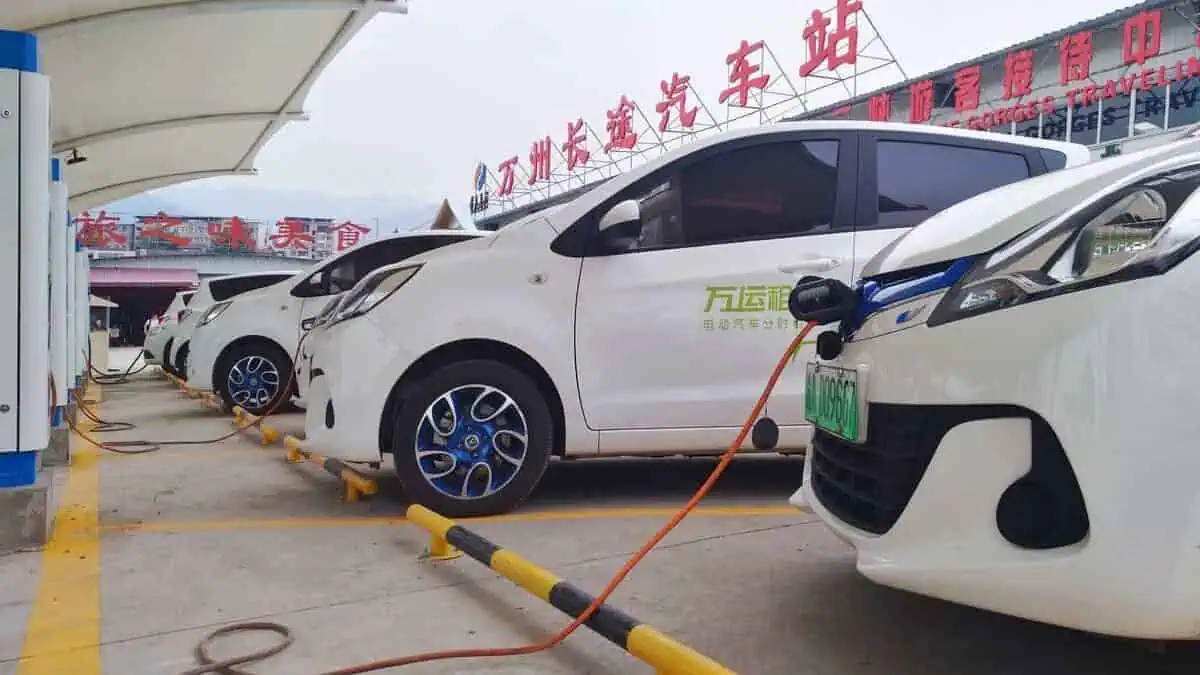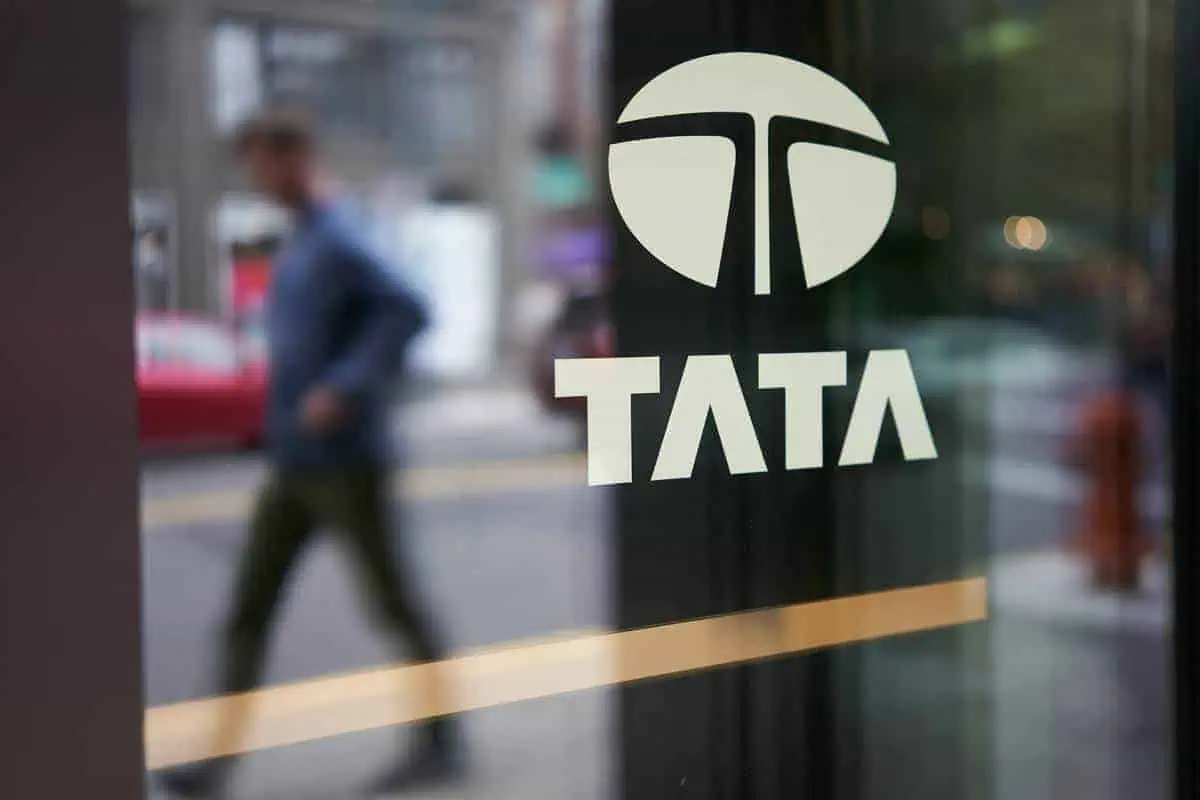A State Council meeting hosted by Premier Li Keqiang today has just confirmed that China will extend the policy of exempting new energy vehicles (NEVs) from purchase tax until the end of 2023 to increase stimulus to revive the economy from COVID-19 interruption.
In an effort to promote fuel-efficient vehicles and bulk product consumption, the exemption of NEVs on purchase tax is a significant decision of the country. In fact, China implemented this policy in 2014 as a strategy to attract consumers to buy vehicles while saving 10,000 yuan ($1,580).
The policy includes pure electric vehicles, plug-in hybrids, and fuel cell vehicles. It expired in 2017 but was extended to the end of 2020 and once again extended to the end of 2022.
To make it happen, China will utilize a market-based approach to the development of the NEV industry. This approach will help China determine which car companies to support by giving advantages to the best car companies, forcing others to exit as they lose in the market. Once settled, the country plans to actively develop charging piles and fund them with policy-oriented financial instruments.
Since the purchase tax in ICE vehicles has been reduced, the renewal for the NEVs purchase tax exemption is expected. China will cut the vehicle purchase tax on passenger vehicles with a price under RMB 300,000 and a displacement of 2.0 liters or less between June 1 and December 31.
Extending the purchase tax exemption for NEVs is one of the pro-growth measures taken by the country to recover from lockdowns brought by COVID-19 outbreaks.






